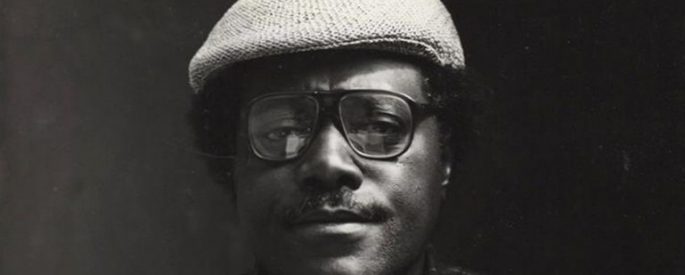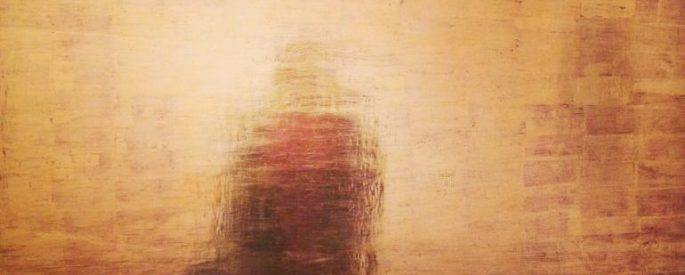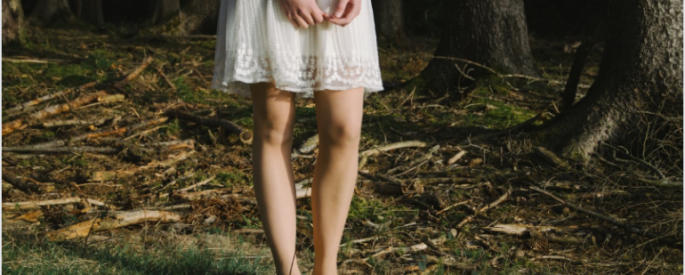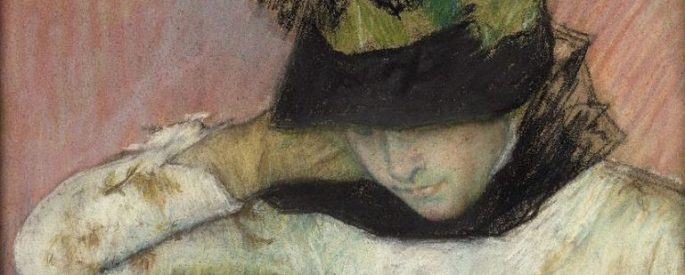Personal Essays Archive
The Making of a Poetry Reader

Reading John Donne’s “Air and Angels,” I came to know that if I listened to a poem, I would know it, even if I didn’t understand everything it said.
Therefore

Spic, Richie said in the cafeteria, and I don’t remember why. After, as we walked back to our fourth grade classroom, I pushed him down when he turned his back.
Remembering James Alan McPherson

I first met Jim McPherson when he was twenty-five to my twenty-six. I’d read none of Jim’s work and had no idea that he’d published in the Atlantic, had studied with Alan Lebowitz, been mentored by Edward Weeks, and was finishing his first collection, Hue and Cry.
Reading On the Road

It took four years for a glioblastoma, a brain cancer that has a median survival rate of fourteen months, to take my mom’s life. It took me those same four years to read Jack Kerouac’s famous work.
The Story of a Stranger, Ghosted

I advertise little about myself, I am careful with that terse word, “writer,” but perfect strangers seem to sense the ghost in me. This stranger, certainly, has sensed it. She has seen. She begins.
Reading Roughly

It doesn’t take much formal study to read a novel in another language, if you don’t mind being unable to understand the occasional sentence or paragraph. It depends more on guessing and sympathy with a particular language or culture than it does on a knowledge of grammar or vocabulary.
Finding Communion in Disability Poetics

If young ladies should be seen and not heard, that goes double for young ladies with disabilities. When your body declares itself Other, your personhood fades behind it. So mine did, until I discovered disability poetics.
Living in Multiple Worlds: Immigration in Lucky Boy and The House of Broken Angels

When you immigrate, you bring an entire world along with you, a fifth limb impossible to detach, though internal and external forces demand its removal. Immigrants enter into a state of constant negotiation, deliberating what stays and what goes within their sociopolitical space.
Going Home Again: Reassessing Little House in the Big Woods

Little House in the Big Woods wasn’t just a pioneer narrative for me; it was an instruction manual, a way to look back and mark the shape of my own work. Rereading the book showed what I actually value in writing.
The Poetics of Body Positivity

My earliest memories of the poetic representations of other cis women, like me, were highly sexualized. It seemed that women’s bodies, rather than the women, were (cis male) poets’ muses.